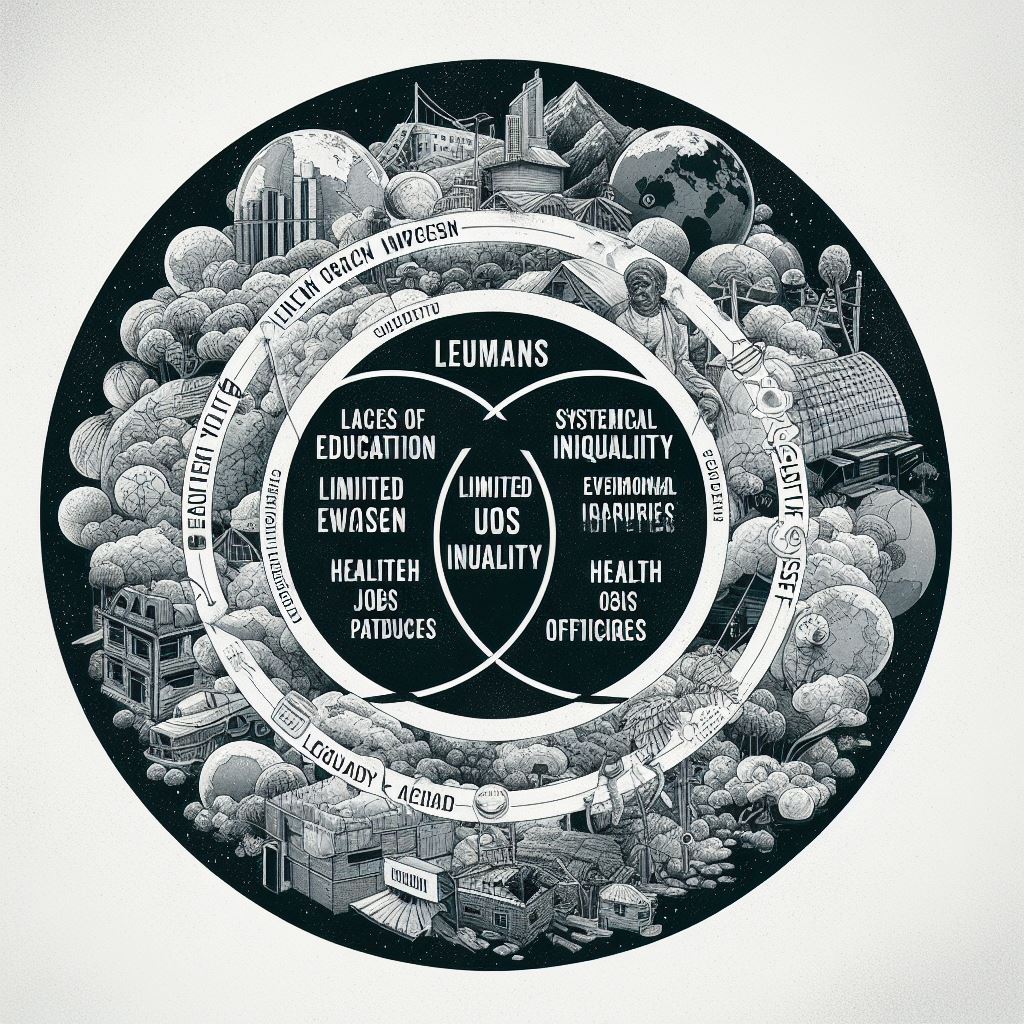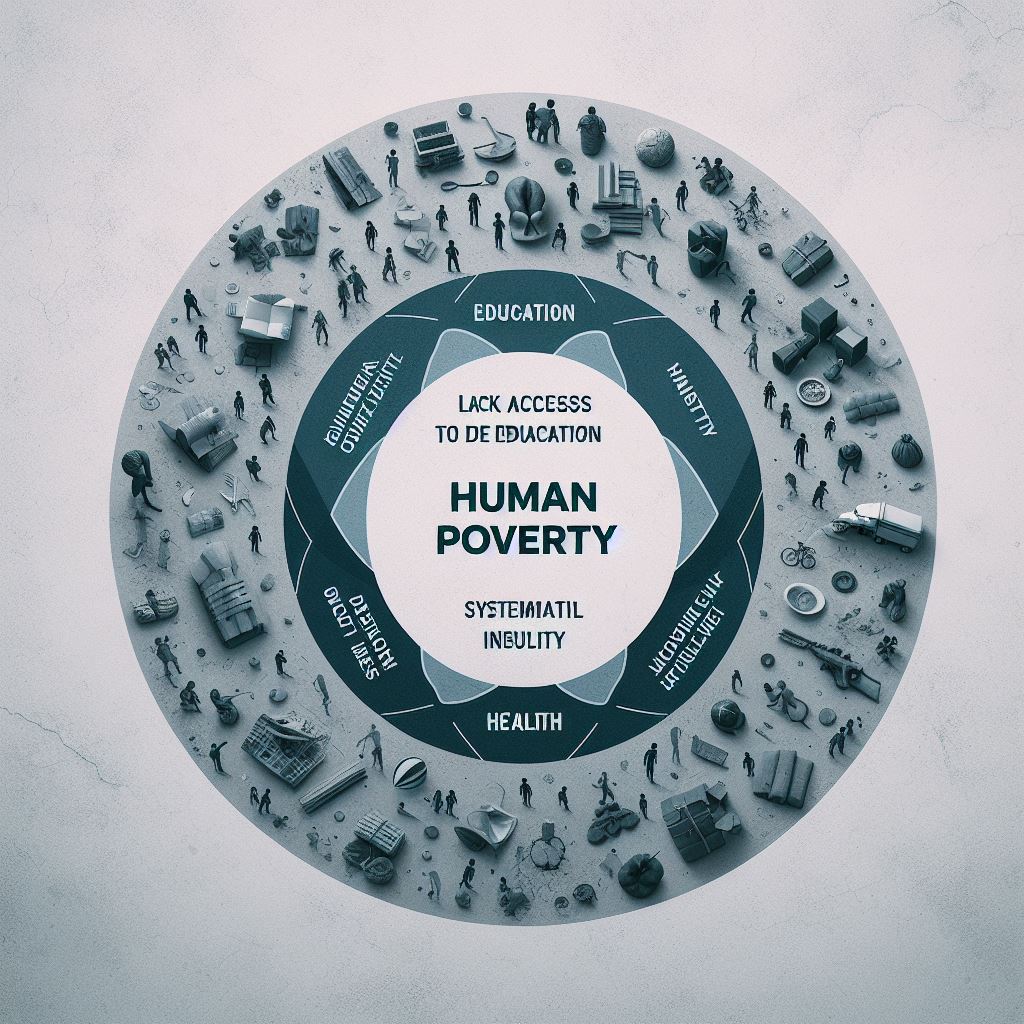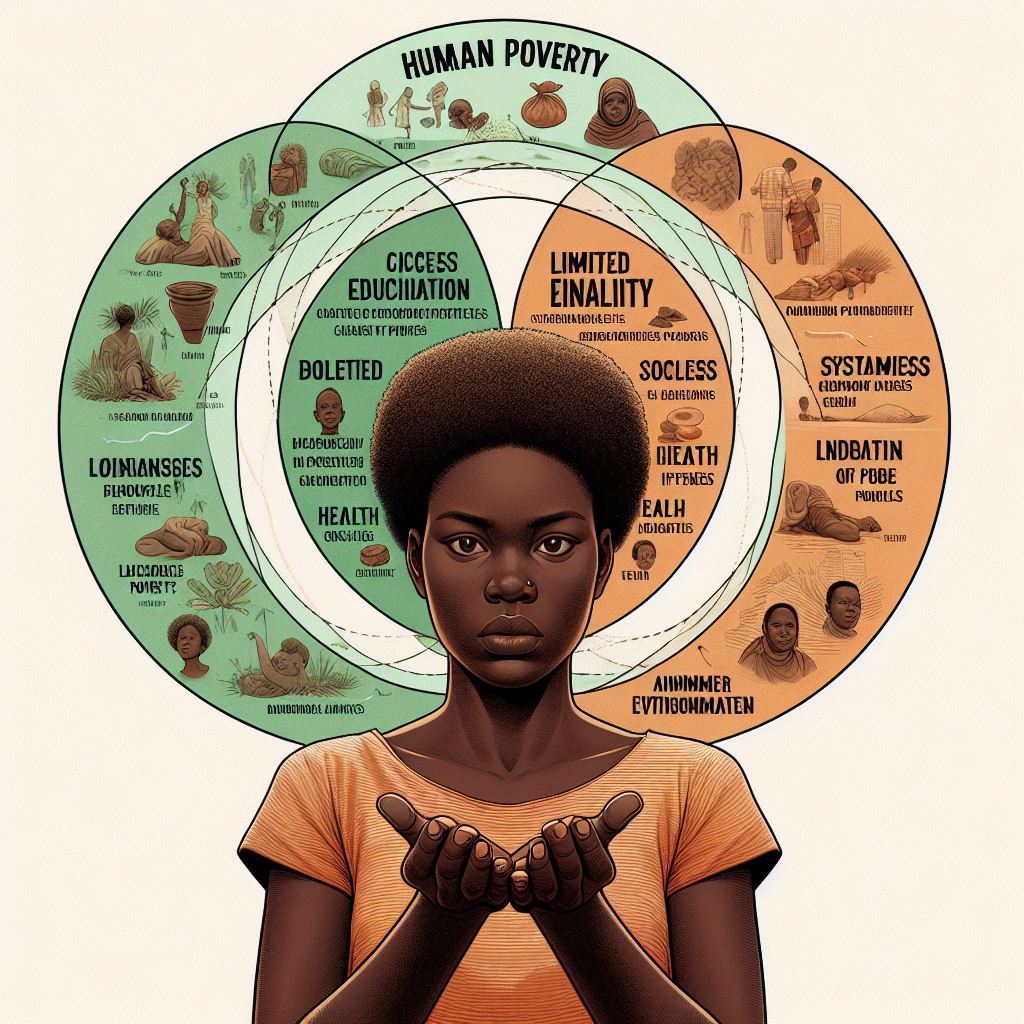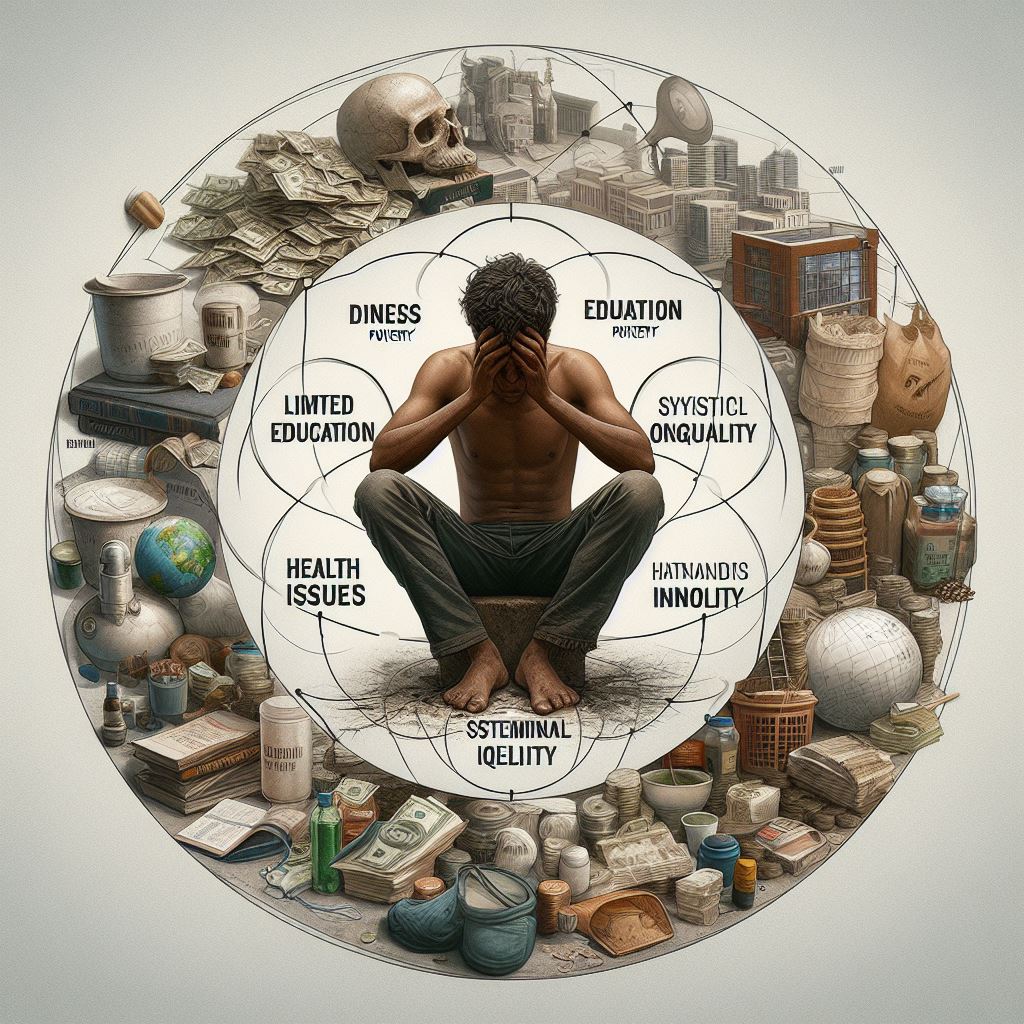造成人貧窮的原因有哪些?
在電影《華爾街之狼》中,有這樣一段對話:妻子問老公為何不將垃圾股票賣給有錢人,而是鎖定窮人。老公回答說,有錢人的錢不好騙,他們太聰明了。而窮人之所以沒錢,不僅因為他們笨,而且貪婪,對人生缺乏長期規劃,常受不起誘惑卻喜歡投機取巧。造成貧窮的原因多種多樣,包括但不限於:
缺乏教育機會:沒有良好的教育機會會限制一個人的就業機會和收入潛力,進而陷入貧困。當認知能力低下的時候,就會常常判對錯誤。沒有高學歷也難找到好的工作來改變人生。
就業機會不足:在某些地區或社會中,就業機會有限,尤其是在農村地區或發展中國家的貧困地區。
低工資:工資水平低會導致人們難以滿足基本需求,例如食物、住房和醫療保健等。收入只能勉強填飽肚子時,就沒有多餘的金錢來投資。
社會不公正:社會不公正、歧視和壓迫可能會使一些人處於不利地位,限制他們的經濟機會。在靠關係走後門的社會中,能對官員捐獻政治獻金者,做生意比較方便。
健康問題:健康問題可能會影響一個人的工作能力和生產力,進而導致收入減少,甚至貧困。並不是每個國家都有免費的健保可使用,一但罹患重症就要支付龐大的醫療費用。
貧困的循環:在某些情況下,貧困可能是代代相傳的,貧窮家庭的子女因為缺乏資源和機會而陷入貧困。父母的階級環境與個人歷練也會影響到下一代。
自然災害和環境因素:自然災害、氣候變化和環境污染會摧毀農作物、破壞生計,導致人們陷入貧困。例如當地震發生造成建物損毀的時候,住戶通常仍持續繳納房貸,財物損失嚴重。
戰爭和衝突:戰爭和內部衝突會破壞經濟基礎設施,造成人們失去生計和家園,使他們經濟陷入貧困。
這些因素通常是相互關聯的,在不同的地區和文化背景下可能存在顯著差異。因此,解決貧困問題需要綜合性的措施,包括提供教育機會、增加就業機會、改善社會公正、提高醫療水平、促進經濟發展等。
In the movie "The Wolf of Wall Street," there's a dialogue where the wife asks her husband why he doesn't sell junk stocks to wealthy people, but instead targets the poor. The husband replies that it's because wealthy people's money is hard to fool; they're too smart. He further explains that the reason poor people are poor is not only because they're stupid, but also because they're greedy, lack long-term planning in life, and often succumb to temptation while liking to take shortcuts.
There are various reasons for poverty, including but not limited to:
Lack of educational opportunities: Limited access to quality education can restrict job opportunities and income potential, leading to poverty. When cognitive abilities are low, it's often challenging to make accurate judgments. Without higher education, it's difficult to find good jobs to change one's life.
Limited job opportunities: In certain areas or societies, job opportunities are scarce, especially in rural areas or impoverished regions of developing countries.
Low wages: Low wages can make it difficult for people to meet basic needs such as food, housing, and healthcare. When income barely covers the necessities, there's no extra money for investment.
Social injustice: Social injustice, discrimination, and oppression can put some people at a disadvantage, restricting their economic opportunities. In societies where doing business is easier for those who donate political contributions to officials, having connections becomes more convenient.
Health issues: Health problems can affect a person's ability to work and be productive, leading to reduced income or even poverty. Not every country has free healthcare available, and once someone suffers from a serious illness, they may incur substantial medical expenses.
Cycle of poverty: In some cases, poverty can be intergenerational, with children from poor families falling into poverty due to a lack of resources and opportunities. The socioeconomic environment of parents and personal experiences can also influence the next generation.
Natural disasters and environmental factors: Natural disasters, climate change, and environmental pollution can destroy crops and livelihoods, plunging people into poverty. For example, when earthquakes occur and buildings are damaged, residents often continue to pay mortgages while suffering significant property losses.
Wars and conflicts: Wars and internal conflicts can disrupt economic infrastructure, causing people to lose their livelihoods and homes, leading to economic impoverishment.
These factors are often interconnected and may vary significantly across different regions and cultural backgrounds. Therefore, addressing poverty requires comprehensive measures, including providing educational opportunities, increasing job opportunities, improving social justice, enhancing healthcare, and promoting economic development.




照片:DALLE3
- 1
- 2
- 3
- 4
